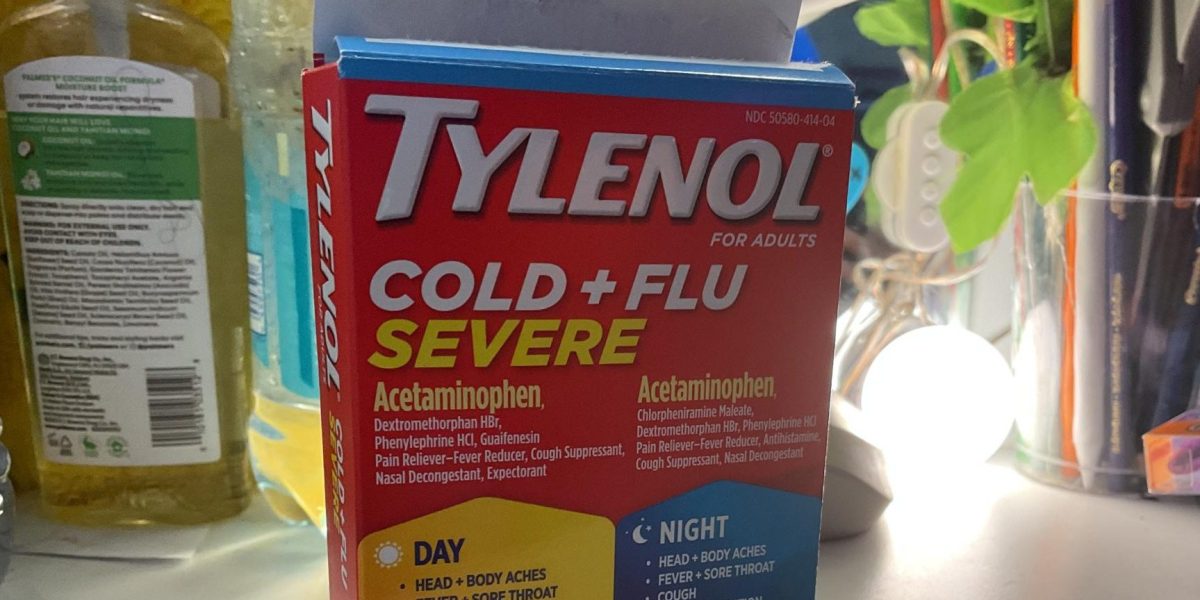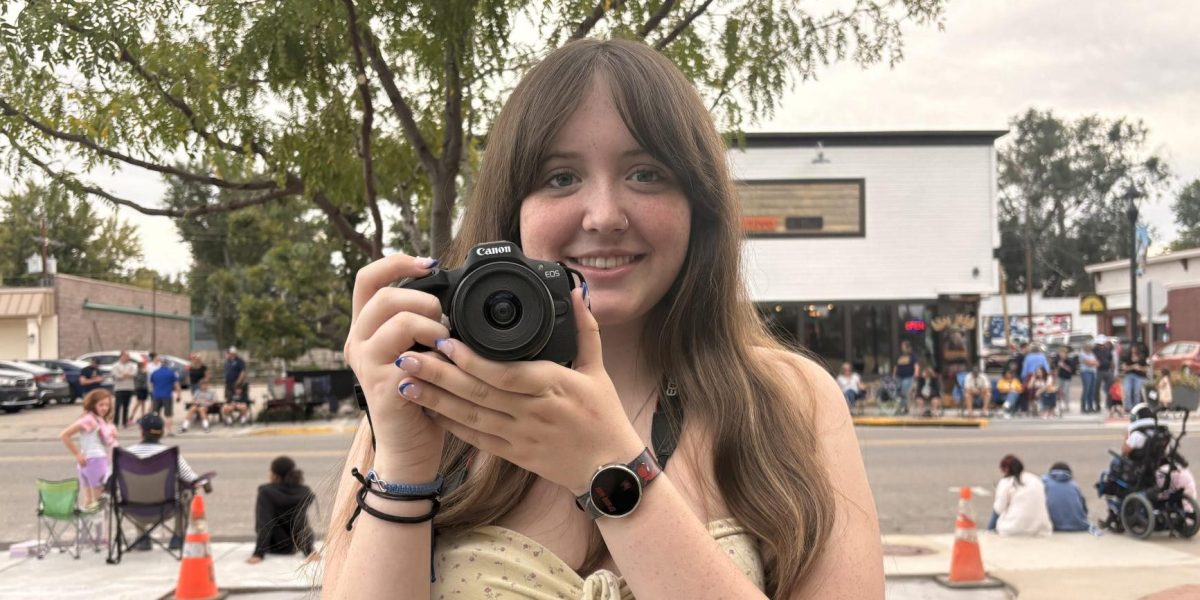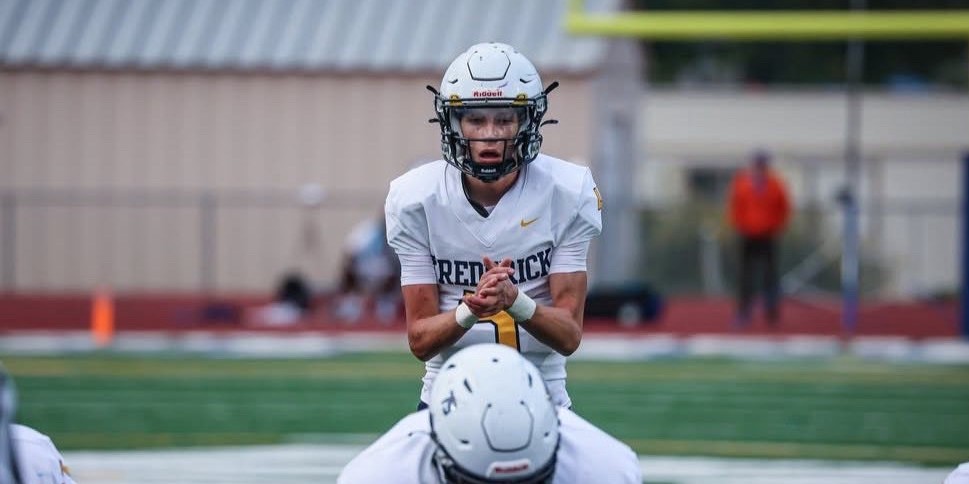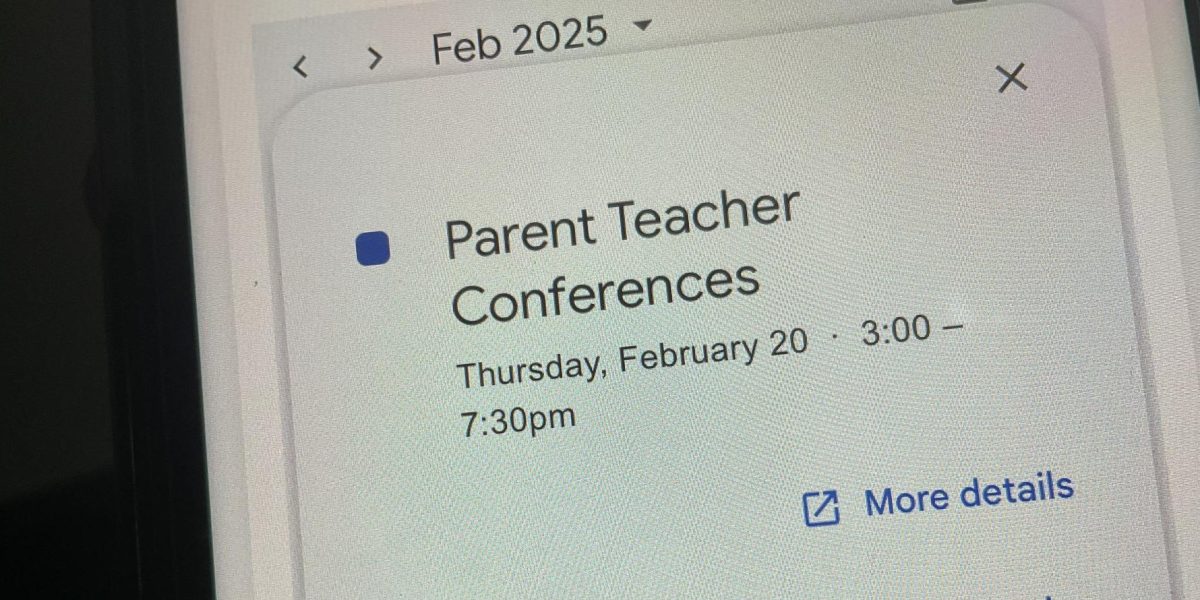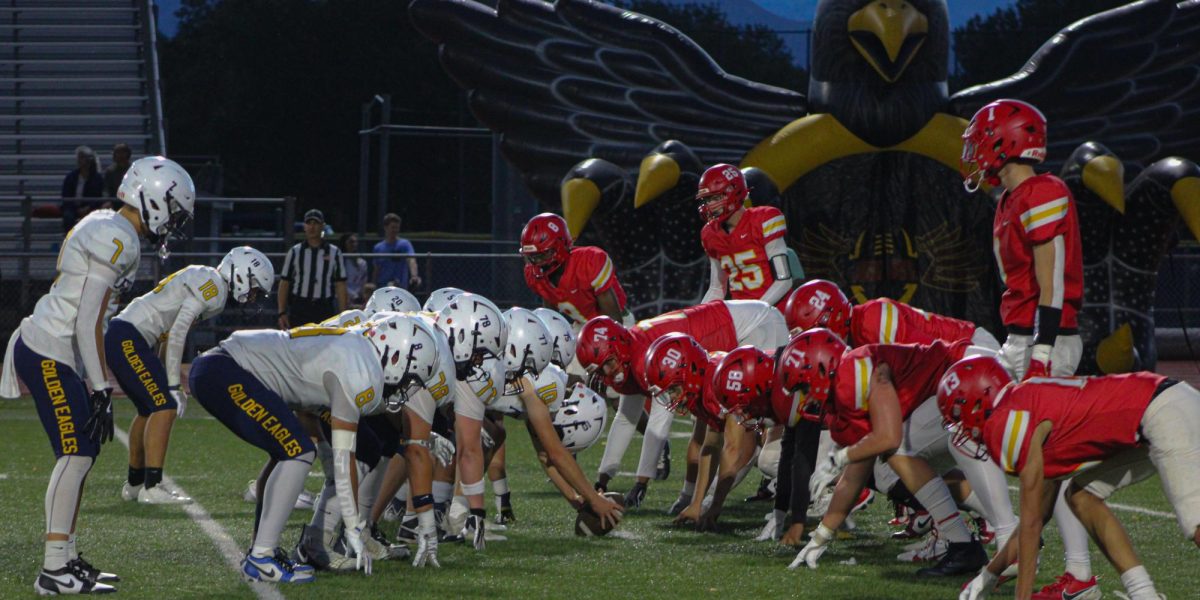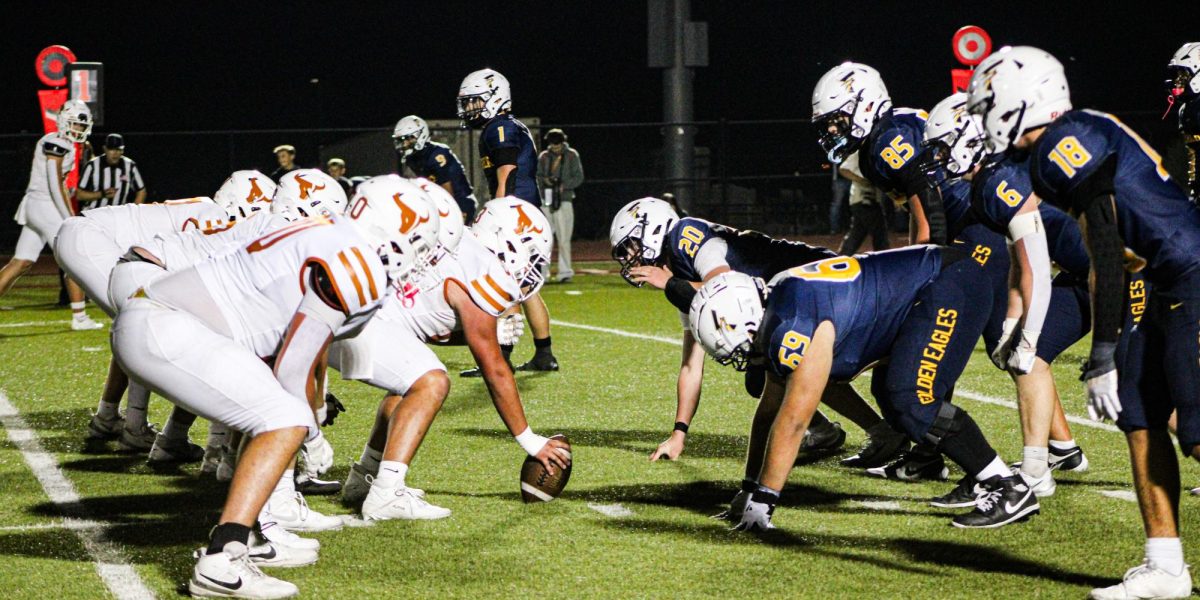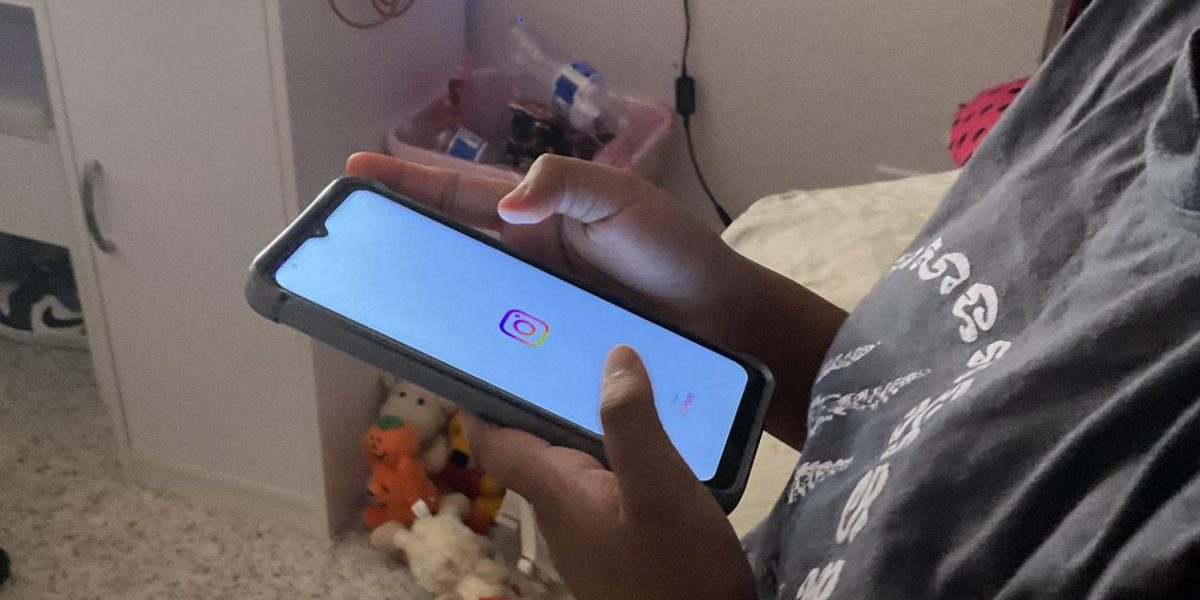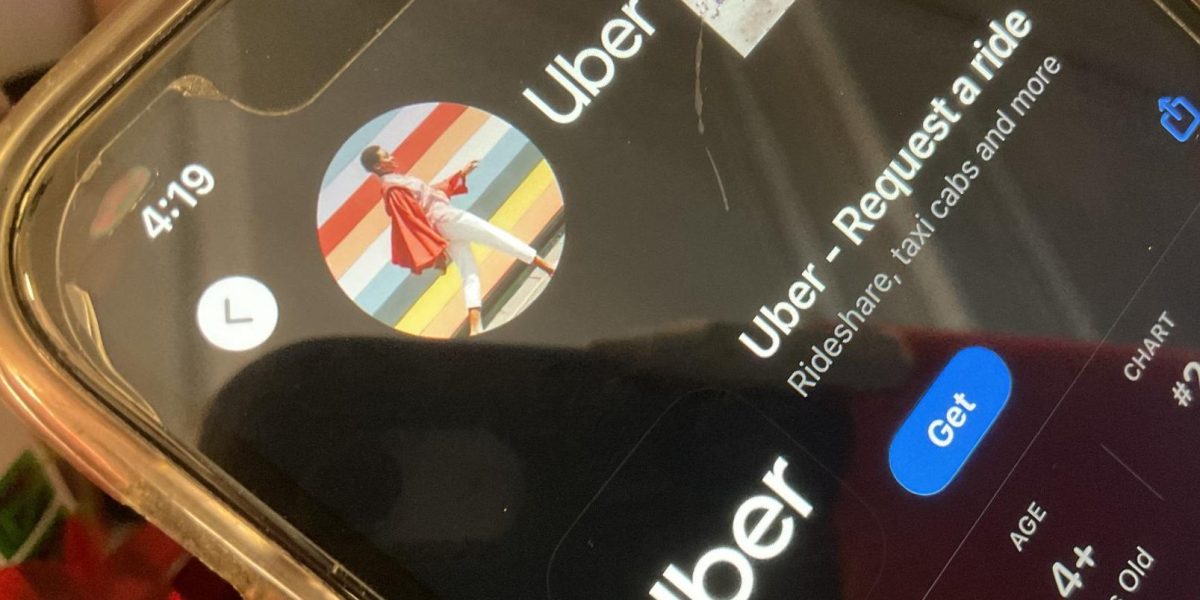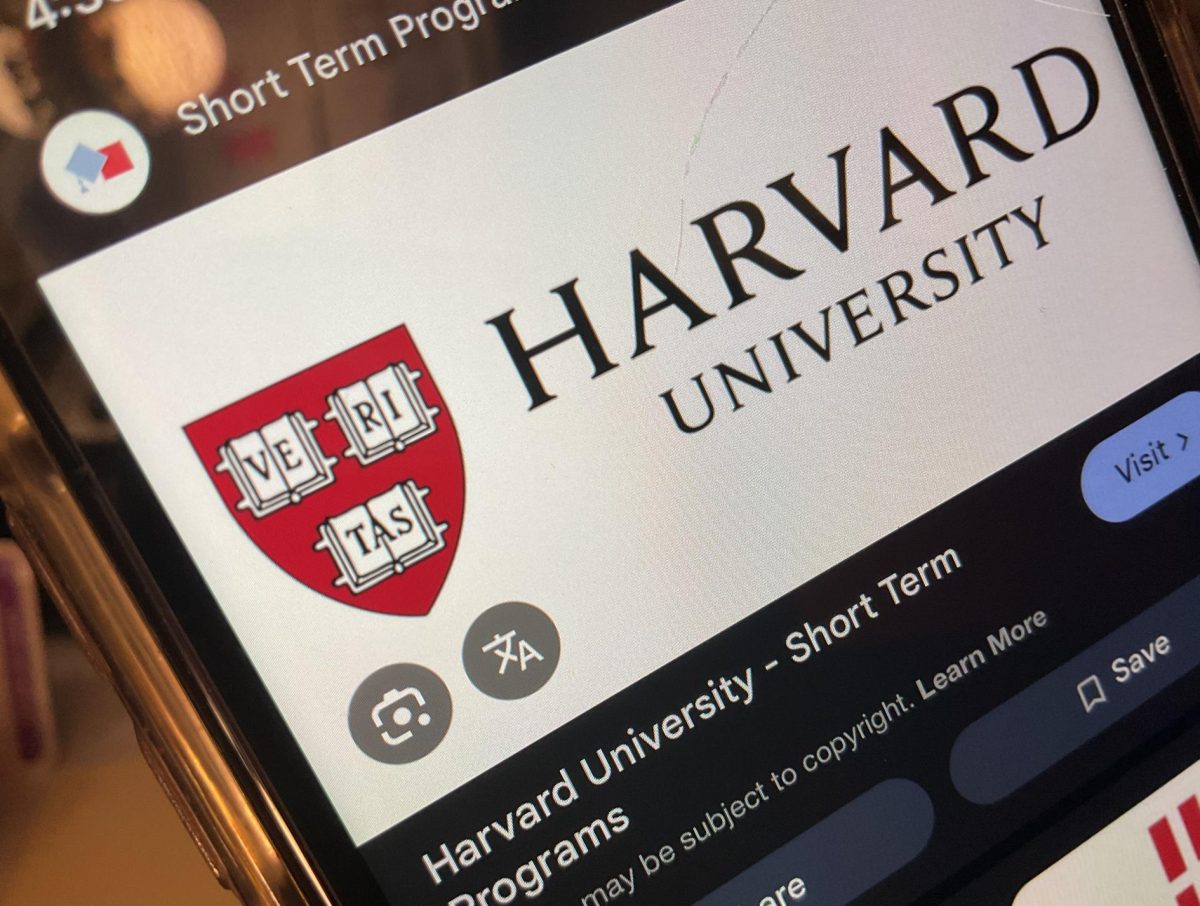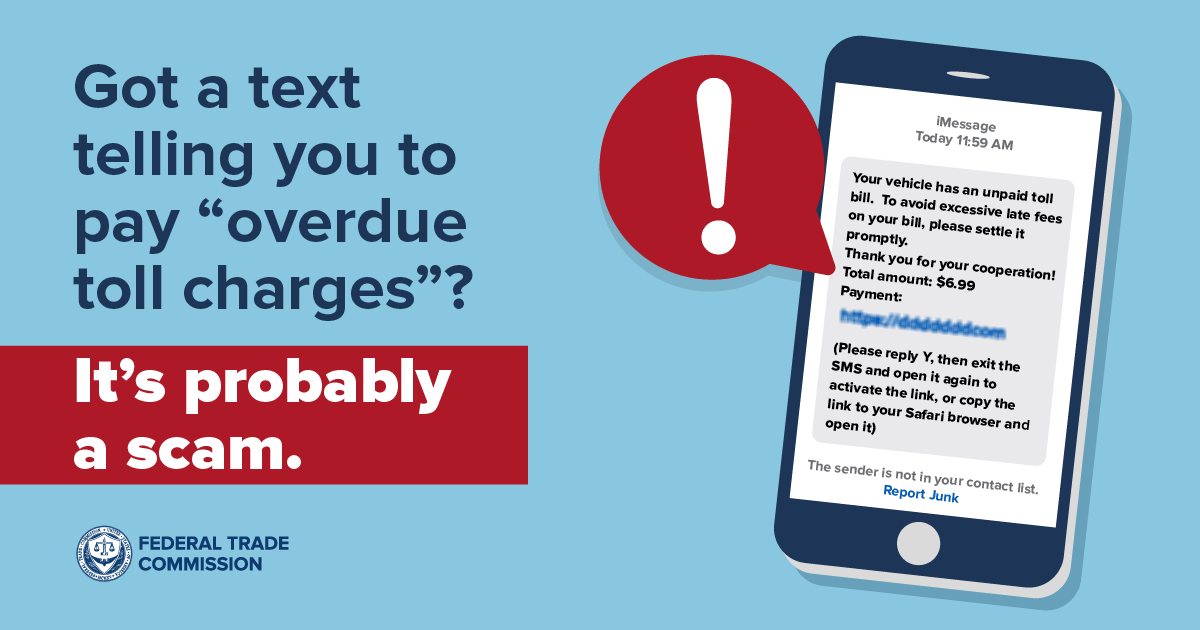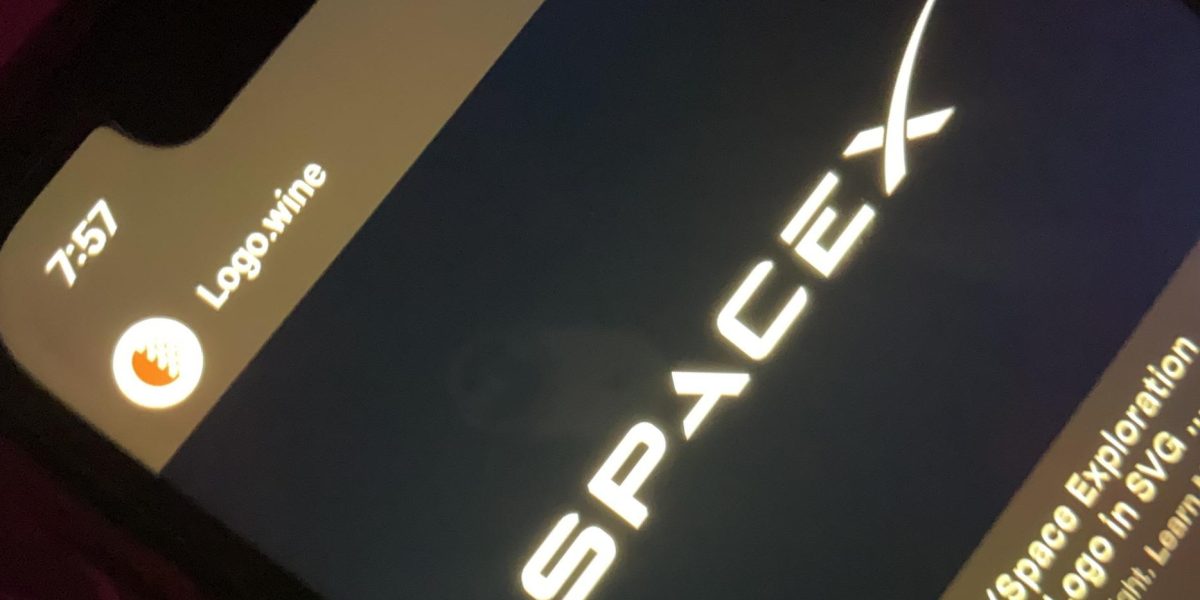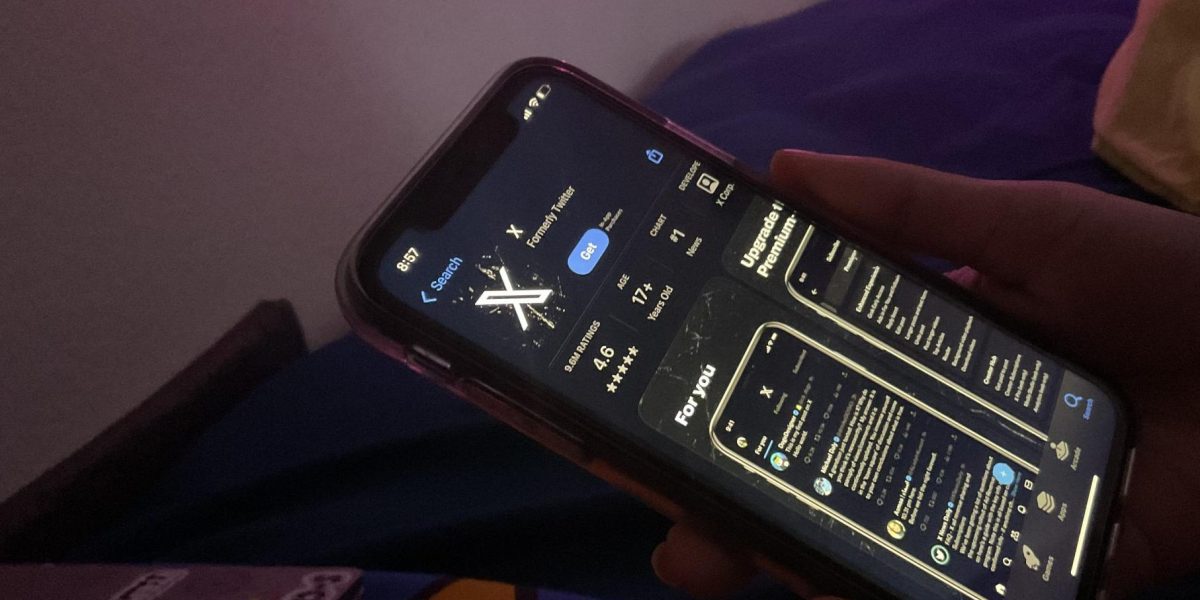On September 17, Meta announced that they were going to update all Instagram, Threads, and Facebook accounts for anyone under 18. This update will default all underage accounts to private, restrict content, and allow parents to control what their kids can see and post. The update has already rolled out across some Instagram markets and should be finalized across Facebook and Instagram by the end of November.
Meta has decided to do this because the company wants to help create a more appropriate experience for minors. In a public press release, Meta said, “We know parents want to feel confident that their teens can use social media to connect with their friends and explore their interests without having to worry about unsafe or inappropriate experiences. We understand parents’ concerns, and that’s why we’re reimagining our apps for teens with new Teen Accounts.”
What exactly does this mean for students? This update, when fully finished, will:
- prevent anyone from seeing a teen’s profile unless the teen follows them or they are directly connected (like a teen’s parent)
- prevent teens from messaging with anyone they don’t follow or are connected to
- remind teens to log off the app after they have been on it for 60 minutes in a day (though it will not force teens off the app)
- stop teenagers from receiving Instagram notifications between 10 p.m. and 7 a.m. (“Sleep Mode”)
- not recommend content discussing suicide, self-harm, violence, hate speech, sexually suggestive material, unrealistic beauty standards, and disordered eating (teens can still share this content, but it will no longer be suggested or searchable)
- filter out offensive words and phrases from teen comments and replies (“Hidden Words”)
Additionally, all teen accounts (which, for right now, are for those between 13 and 17) will require the account to be tied to their parent’s account if they want to change any of the default restrictions. The parent can control how restrictive their student’s experience can be: they can allow fewer restrictions on content and the amount of time used, or they can become more restrictive on who the student can contact and how long they can use the app before it shuts off. Parents can also see everything the student saw, said, or searched on the app.
While these new teen accounts are bound to make some parents cheer, students see this update as an overall bad thing. Freshman Kimberly Ramirez Soto said, “I feel like this isn’t a good idea. What if I have really private information on there [that] I wouldn’t want to get leaked to my parents?”
Parental rights groups argue that this is the exact reason that social media companies need to become more restrictive. Colorado Attorney General Phil Weiser is currently leading a lawsuit by 42 attorneys general against Meta for making their apps intentionally addictive to teens. Leaked documents published by The Wall Street Journal revealed that Meta knew their apps resulted in negative affects on teen mental health, but the company did nothing to fix the issues as doing so would hurt their profits.
These efforts still don’t do much to combat teen concerns. “I feel that my information may be leaked,” freshman Jenna Mosqueda said. “And [I] do not want to have my mom control what I see.”
Social media companies are becoming more restrictive following recent government demands that tech companies do a better job of following COPPA, the law that protects information about those that are under 18. The hearings the government held in January have moved many tech companies to move toward moderating teen experiences: Snapchat announced a similar move to monitor and restrict teen accounts in August. TikTok implemented rigorous guardian controls in March and quietly removed direct messaging and recommendations for certain types of content from users that are not older than 16.
But surely a teen can get around this by lying about their age, right? Wrong.
At the beginning of next year, Instagram plans to start asking for age verification from its users more often, which is done by the user uploading an ID, recording a video selfie, or having mutual friends verify their age. Meta plans to use AI to flag suspected underage accounts, so even a currently existing teen account that uses an adult birthday can be brought into compliance. Parents will also be asked to regularly age verify to ensure they are actual parents of the teen and not a finsta or older friend posing as a parent. Not even underage influencers will be immune from switching to teen accounts.
The update isn’t just taking things away from teens. Instagram is adding a feature just for teens where they can tailor their recommendations to their personalities by choosing from over fifty different interest categories. Facebook has also redesigned its app to look and function more like Instagram. The update also doesn’t force any teen to share their account activity with their parents—they just have to stick to the restrictive default settings until they turn 18.
This new update will leave lots of students torn: have freedom of speech and search, or allow parent monitoring? While there have been online petitions and legal challenges based around first and fourth amendment rights, the fact is that minors do not legally have any rights to privacy from their legal parent or guardian. While things may change in the future, teens will have to adopt to these new rules if they want to stay on their most used apps.
Junior Aspen Gallegos Tozier put the issue bluntly: “I am uncomfortable with this because it’s not right. It’s not right for someone to be in your privacy unless completely necessary.’’

